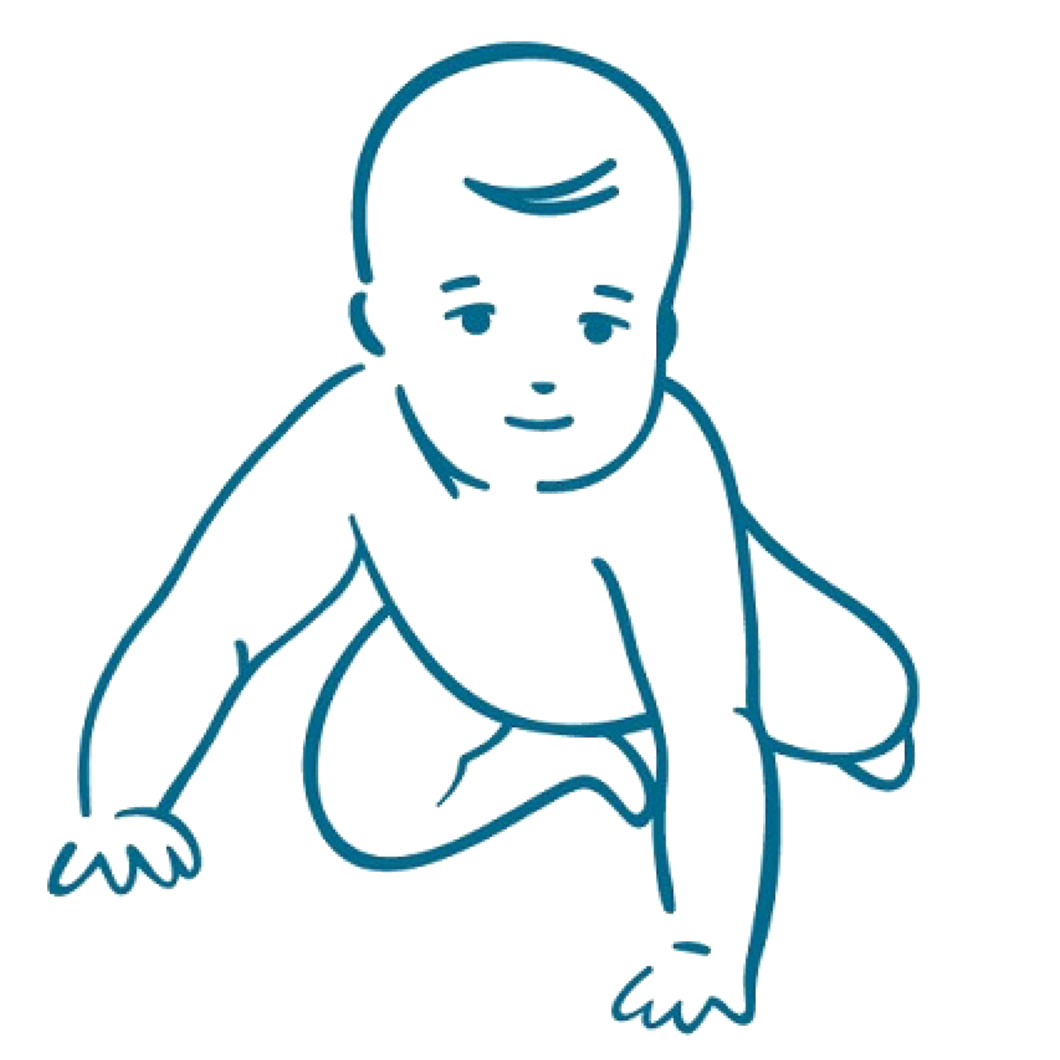Pikler UK organise Basic Level Pikler Trainings in the UK in cooperation with the Pikler House, Budapest. For details of how to become a Pikler pedagogue and what is required, please see THIS PAGE on the Pikler House website.
BUDAPEST COURSES DELIVERED IN LONDON
Next Course
Respectful Care and the Relationship with the Adult
(0 to 3 years)
19th to 23rd November, 2025
Beavers Children’s Centre, Hounslow, TW4 7NW
The course will be taught by Pikler® trainers from Budapest and will count as one module of the Basic Pikler Training, leading to becoming a recognised Pikler® Professional.
During the course, we will discuss the importance of attentive and respectful physical care in addition to some lesser known aspects of the Pikler® pedagogy, such as the child’s developing social behaviour and the characteristics of respectful communication.
The course will underline the importance of the quality of daily care interactions (nappy changing, dressing, nose wiping etc.) related to children forming their self-image and need for bonding. Participants will observe (analysing video excerpts from the Pikler® Institute) how infants and toddlers express their needs and how much they learn from the adult during these situations.
We shall also discuss the special elements of the parent-child relationship and the relationship between the child and the professional carer, educator or nurse.
Course outline
• What children learn during nappy change
• Individualized care situation in the daycare: the quality of care
• The journey of the child: from breastfeeding to autonomous mealtime
• Specific and difficult situations during feeding time
This course is designed for those who would like to acquire knowledge and be informed about the Pikler® approach. Participants will deepen their understanding about early childhood education through studying our most important pedagogical principles, learning about everyday experiences with children, and also through hearing about the results of research carried out by the Pikler® Institute.
The topics will be elaborated by presenting core materials of the Institute. The results of research and practical experience, the opportunity to watch and analyse photos and video footage, accounts of personal practice and discussion of the questions raised by participants will all be included. The courses will be held by some of the Pikler® team, including former colleagues of Dr. Emmi Pikler® and other experienced professionals of the Institute.
To find out what training is available elsewhere, please go to pikler.hu or pikler.org.




